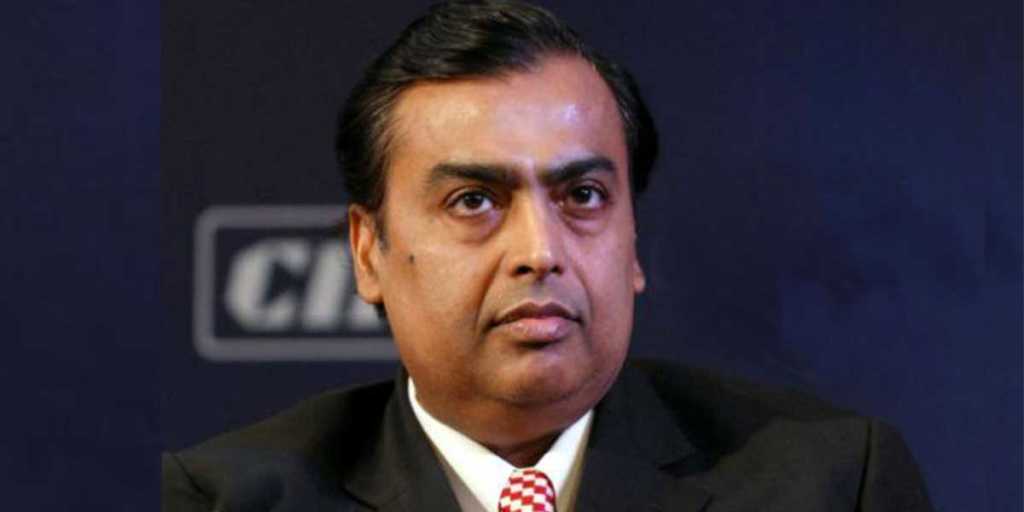The competition in the Telecom industry is all set to consolidate between three or four players. The government has approved the merger of Vodafone India Ltd and Idea Cellular Ltd after the companies paid 3,900 crores in cash and 3,300 crores in bank guarantees towards one-time spectrum charges. A Department of Telecommunications (DoT) official said “we have given final approval for the merger as they have paid the required dues”. Both companies will now have to apply to Registrar of Companies to register the merged entity. The new company will be called Vodafone Idea Ltd.
As per the deal, 3,900 crore cash is for transfer of spectrum from Vodafone to Idea for spectrum up to 4.4 MHz, the bank guarantee of 3,300 crores is for Idea Cellular’s airwaves beyond 4.4 MHz. The merger of two giants will create the world’s second largest telecom firm after the Chinese state-owned China Mobile Limited. It would be the largest telecom operator in India replacing Bharti Airtel Ltd, which has been at the top for 15 years. The combined entity will operate telecom for more than one-third of the country’s user base. Aditya Birla Group chairman Kumar Mangalam Birla will be the non-executive chairman of the Vodafone-Idea combine. Balesh Sharma, who is currently the chief operating officer of Vodafone India, has been named the chief executive officer. On Thursday, Idea Cellular shares rose 0.55% on the BSE even as the benchmark Sensex breached the 37,000 points mark for the first time.
Unlike the American context where we used to hear ‘Big Three, Big Five, and Big Six’ for American entertainment industry, oil and gas industry, steel industry and finance industry, this trend was never there in India as most of the industries in the country were well diversified with many small players operating in the market. The trend has slowly began to change, starting with the software industry where three or four major players operate sidelining all others, the same trend is being followed in the Indian telecom industry. The cutthroat competition and aggressive pricing by big market players have swallowed up smaller players in the industry.
Since the entry of Jio in the market, competition has risen sharply and smaller players could not survive due to “race to the bottom” pricing by three big players, Airtel, Vodafone-Idea combine, and Jio. Smaller players such as Reliance Communications, Tata Teleservices, Telenor India and Aircel are being shut down or sold off and their subscribers have already moved to larger operators. The pricing is so competitive since the entry of Jio that after remaining in the range of 48 paise per minute to 51 paise per minute for over five years between March 2011 and September 2016, average voice tariff in India has fallen to a third at 16 paise per minute as of March 2018.
Now as the user base has consolidated to these big three players, they will try to grab the user base of others through price cuts or any other possible tactics. The merger will give the combined entity a significant leverage over the Reliance Jio which occupied almost 20 percent of the market in less than two years with its cheap pricing. The other two large players, Airtel and government-owned BSNL which control 25 percent and 9 percent of the market respectively are coming with new strategies to hold their user base. The state-led BSNL joined hands with Patanjali to remain in the market and Airtel brought the prices of its plans to that of Jio’s levels to compete in the market. It is lowering the prices despite the fact that the profits are going down because it would not be able to compete with others if they keep the prices up. In all this price war among telecom companies and their consolidation, the consumer will be the prime beneficiary.
